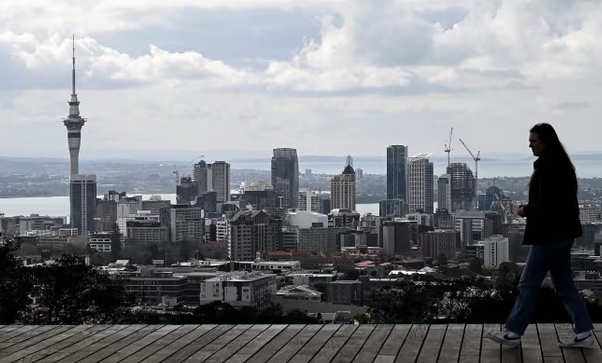People are leaving New Zealand en masse as unemployment rises, interest rates remain high and economic growth is anaemic, government statistics show.
Data released by Statistics New Zealand on Tuesday showed 131,200 people left New Zealand in the year to June 2024, a preliminary record high for the annual period.
About a third of those travelled to Australia. While net migration – the number of arrivals minus departures – remains high, economists expect the figure to fall as the number of foreign nationals looking to move to New Zealand declines due to the weakening economy.
According to the data, 80,174 of those who left were nationals, almost double the number before the COVID-19 pandemic.
Merrilee Allen, along with her partner and 14-year-old daughter, plans to move to Hobart on the Australian island of Tasmania in early 2025. Allen, who works in dental administration, said:
”There is a lot of opportunity over there. They’re always, always looking for people in my profession. I’ve got a lot of friends that have gone (to Australia) … purely because of better work opportunities, better living. Australia just seems to have it together.”
During the pandemic, encouraged by the way the then government handled the outbreak, New Zealanders living overseas returned home in historically high numbers.
But for some, the love affair with the country of 5.3 million people is over. Economists say New Zealanders, frustrated by the cost of living, high interest rates and shrinking job opportunities, are flocking to Australia, Britain and other countries.
New Zealand’s economy is struggling after the central bank raised rates by 521 basis points in the most aggressive tightening since the official cash rate was introduced in 1999. The economy grew at an annualised rate of 0.2 per cent in the first quarter, unemployment rose to 4.7 per cent in the second quarter and inflation remains at a high of 3.3 per cent.
Australia is also recruiting staff and offering relocation packages in areas such as nursing, policing and teaching where there are skills shortages, attracting New Zealanders who do not need a visa to work in the country.
At the same time, the New Zealand government has made significant cuts to the country’s public service, leaving many skilled professionals scrambling for work.
